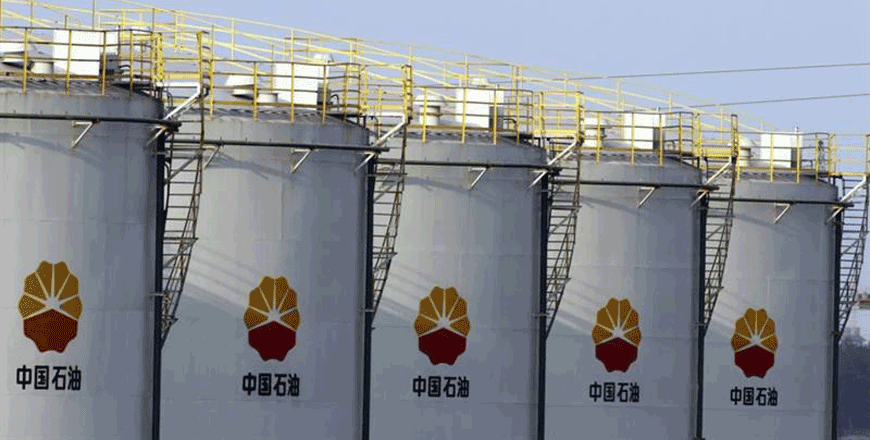You are here
Jordan economy remains resilient amidst regional turmoil — Rifai
By JT - Dec 23,2015 - Last updated at Dec 23,2015
AMMAN — Jordan's economy has proven resilient in the face of "insurmountable challenges" plaguing the region, former prime minister Samir Rifai said on Tuesday.
Delivering a lecture at the University of Jordan (UJ) on the economic sector, Rifai, who is now a senator, said strengthening the national economy reflects directly on the status of the middle class, "their leadership roles and levels of political participation".
Economic growth leads to combating unemployment, protecting society from extremist ideologies and creating "a positive, sustainable, and optimistic environment for the future of our youth," Rifai said at the lecture, organised by the Prince Al Hussein Bin Abdullah II School of International Studies at UJ, the Jordan News Agency, Petra, reported.
At some point it was necessary to take austerity measures due to the rise of international oil prices and the disruption of gas supplies from Egypt in addition to regional turmoil, Rifai said.
"With oil prices dropping around 55 per cent since November 2014, and the completion of the LNG [liquefied natural gas] terminal in Aqaba as well as several renewable energy projects, I recognise that the effects of the challenges I stated have begun to recede."
Therefore, he added, that "it is not suitable to simply continue down the path of austerity as if austerity in itself is our goal."
Discussing regional turmoil, Rifai stressed the need to undertake "unconventional and alternative measures" to capitalise on the fact that Jordan enjoys "unparalleled stability" amidst an unstable region.
He presented suggestions on how young people can contribute to development, calling for reinstating military conscription to instil values of discipline and nationalism.
The senator also proposed a one-time tax exemption for young men and women at the age of 22 from all fees related to purchasing their first apartment or piece of land along with a tax exemption on furniture and fixtures as well.
"According to recent statistics, the real income of Jordanians has gone down 3-4 per cent year over year, and for this specific reason, I have opposed and will continue to oppose all new economic laws and measures that increase prices or taxes until we are able to raise the income level of Jordanians."
The former premier added that supporting the private sector is essential to support the middle class.
Related Articles
THE HAGUE — The tribunal set up to try the killers of former Lebanese prime minister Rafiq Hariri on Monday fined a journalist 10,000 euros
The Senate Arab, International and Expatriates’ Affairs Committee on Tuesday received a delegation from the US National War College, which is currently visiting the Kingdom.
DOHA — Qatar announced a second 27-year supply deal with a Chinese company on Tuesday as it expands production from the world's biggest natu
















